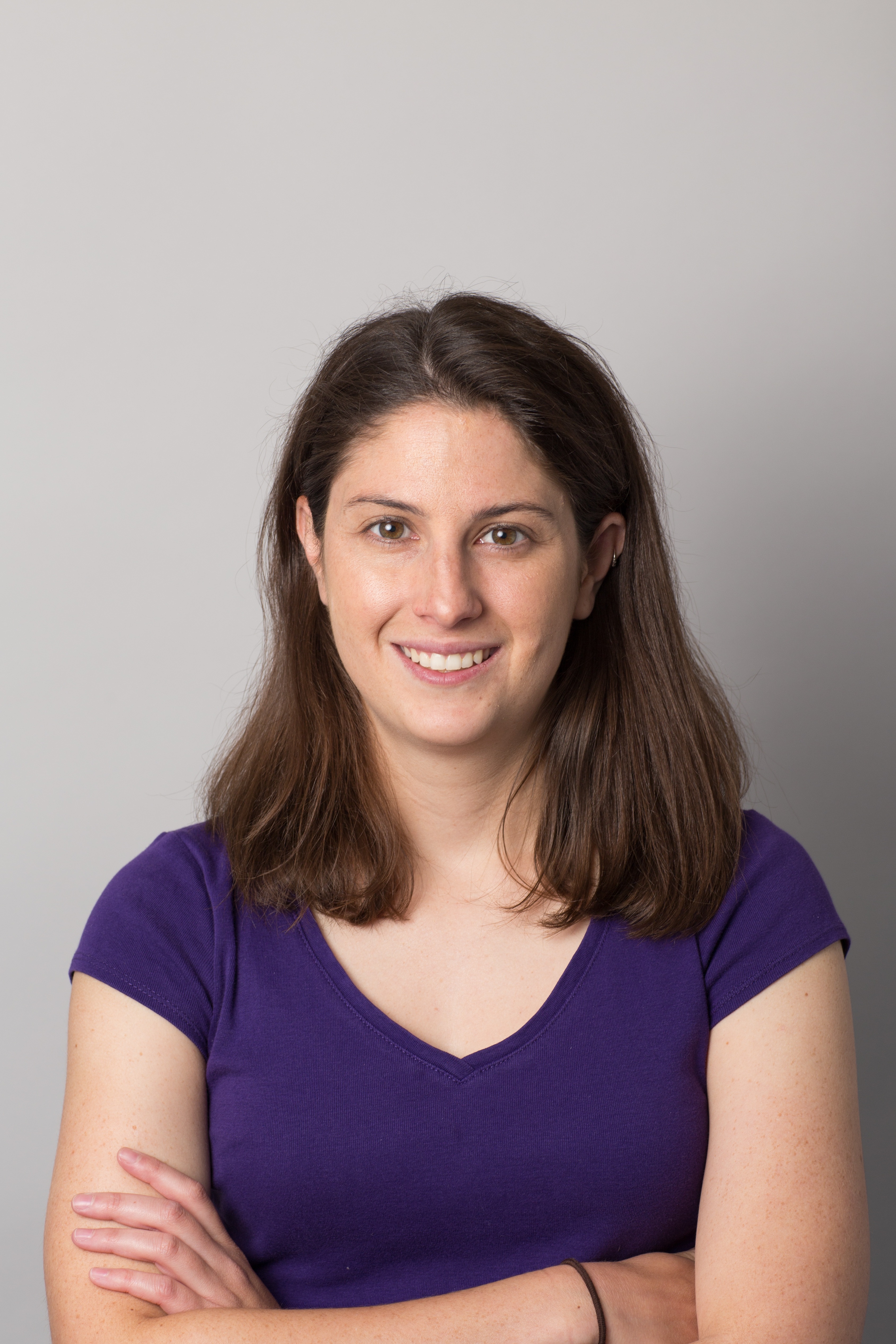Catherine Caruso is a freelance science journalist based in Boston, Massachusetts. Her work has appeared in Scientific American, MIT Technology Review and Hakai Magazine. She has a master’s degree in zoology from the University of New Hampshire and a master’s degree in science writing from the Massachusetts Institute of Technology.

Catherine Caruso
From this contributor
Diagnostic odyssey; breaking through; leading role
A doctor decodes a rare genetic condition, burnout is a big problem in science, and an actor with autism will play the lead in “The Curious Incident of the Dog in the Night-Time.”
Diagnostic odyssey; breaking through; leading role
Collaborative conference; drug danger; autism map
Autism researchers and advocates gather in San Francisco, nearly one-third of drugs approved in the United States are later linked to safety issues, and an interactive map lays out locations of U.S. autism clinics.
Collaborative conference; drug danger; autism map
Network television; facing forward; warm welcome
Researchers captured networks of neurons lighting up in a small aquatic animal, facial recognition software can flag genetic conditions, and a Muppet with autism makes her debut on “Sesame Street.”
Network television; facing forward; warm welcome
Funding free fall; mending mutations; film focus
Donald Trump’s budget blueprint calls for considerable cuts to science agencies, CRISPR corrects mutations in human embryos, and a documentary highlights the challenges faced by an adult with autism.
Funding free fall; mending mutations; film focus
Behavior boost; double data; common interests
Neuroscientists should not forget that brains have owners, a new genetic database makes its debut, and the intense interests of people with autism offer opportunities.
Behavior boost; double data; common interests
Explore more from The Transmitter
Neuro’s ark: Spying on the secret sensory world of ticks
Carola Städele, a self-proclaimed “tick magnet,” studies the arachnids’ sensory neurobiology—in other words, how these tiny parasites zero in on their next meal.

Neuro’s ark: Spying on the secret sensory world of ticks
Carola Städele, a self-proclaimed “tick magnet,” studies the arachnids’ sensory neurobiology—in other words, how these tiny parasites zero in on their next meal.
Autism in old age, and more
Here is a roundup of autism-related news and research spotted around the web for the week of 2 March.

Autism in old age, and more
Here is a roundup of autism-related news and research spotted around the web for the week of 2 March.
Lack of reviewers threatens robustness of neuroscience literature
Simple math suggests that small groups of scientists can significantly bias peer review.

Lack of reviewers threatens robustness of neuroscience literature
Simple math suggests that small groups of scientists can significantly bias peer review.